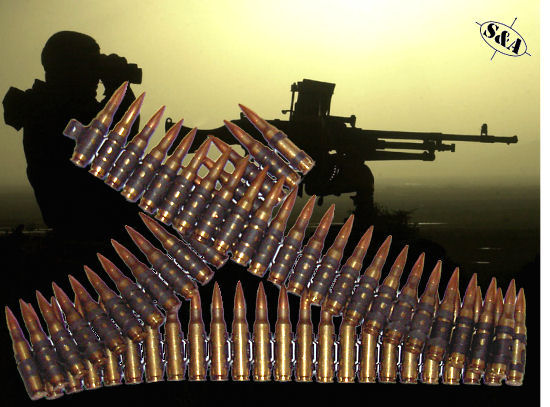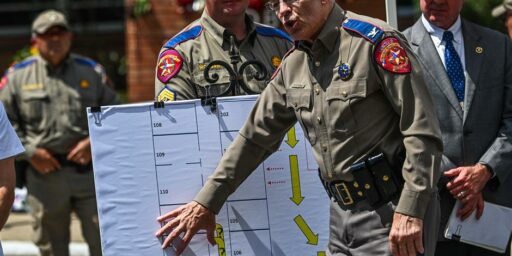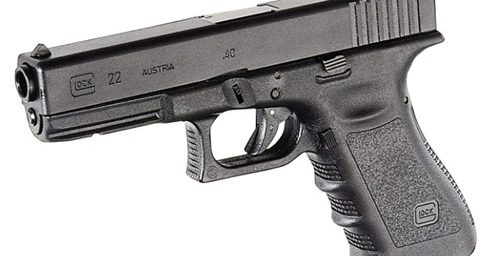Owning Every Single Bullet?
 Thomas Barnett makes an interesting observation based on the practices of New York’s Finest that Al Baker documented a while back in the NYT.
Thomas Barnett makes an interesting observation based on the practices of New York’s Finest that Al Baker documented a while back in the NYT.
NYC, as so often in history, leads the way in such innovation. Every single police gun ever discharged, accounting for every single bullet, all packaged up in reports used for “lesson plans.” More than that, though, is the public’s sense of responsibility for its police: you own every single bullet, every single death.
What’s so cool about such analytical efforts and how they change both the training and the culture: in 1966 NYC cops fire 1,292 bullets. In 2006, they shoot only 540 bullets, including all the accidents and even the suicides. Only 60 times in 2006 do police fire at people, killing 13.
Amazing stuff.
Ultimately, this is the standard our military will adhere to: every single round. I know it sounds fantastic from today’s perspective, but the technology is not, just the policy and the effort. Meet that standard and we’re talking a far different global security culture. Just moving in that direction will speak volumes to the world about who we are as a nation.
This is an interesting idea in limited applications but it seems inapplicable to most military operations. With rare exceptions, cops carry a handgun and fire one to six shots against a single assailant. Soldiers, by contrast, mostly use assault rifles, which have automatic and burst capability, and crew-served machine guns that fire hundreds of rounds a second. There are situations when massive firepower is employed against no target in particular, simply for purposes of suppression and to aid movement. Do we keep track of tracer rounds, too?
The policy strikes me as a good idea, though, at least in theory, in peacekeeping, counterinsurgency, and other stability and support operations. It makes sense to have very strict fire control those situations.
Ultimately, I’m not sure this would make all that much difference. We’re alienating potential friendlies in stability and support operations not because of a lack of ammo discipline but because of poor civil affairs procedures, our inability to communicate, and a sense that all locals are potential target sets. To the extent that we’re killing too many innocents, it’s not because of trigger-happy riflemen but because of a fondness for shooting from a safe distance using missiles and bombs.






This would seem counterindicative, if we link the lower number of rounds fired today, to the increases in violent behavior on the part of the population.
“To the extent that we’re killing too many innocents, it’s not because of trigger-happy riflemen but because of a fondness for shooting from a safe distance using missiles and bombs.”
Or (in considering shifting the blame away from US troops)… the enemy has a predilection for engaging our troops while hiding in civilian population centers.
What we did in the past was fire on those guys hidden amongst the populace. The problem was that for every bad guy killed we created 5 new ones. The COIN strategy we now employ recognizes this. If you want to go back to the old bombs away, kill em all feel free. Just do it with your own troops and with your own life on the line.
Steve
Sherman’s Atlanta – Dresden and London burning – Hiroshima – World trade Center
It is the history of man to try to humble the other side by bringing the terror of war to his home.
Would that mankind could be above all that but…
The left could use a better understanding of that before they negotiate us to death.
A soldiers objective, as expressed so well by General Patton, is to try and make the other SOB to die for his country.
The objective of a police force is to prevent crime. For the police shooting and killing are often of little value and sometimes counterproductive in achieving their objective.
Given this massive difference I fail to see why police refraining from shooting criminals offers an example for the military.